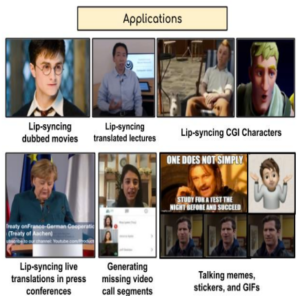Neurodivergent Struggles and School: Is There a Correlation?
October 20, 2022
September has come and gone, and with it the panic of going back to school for most. Ask anybody, they’d probably have at least one thing to complain about regarding going back to school, such as having to wake up early, or having to deal with homework and the rigorous classwork some teachers put us through, but some would have more to say than others. Specifically people who tend to go through struggles adapting to change, mainly neurodivergent people.
What does “Neurodivergent” mean?
“Neurodivergent” is an umbrella term described by the Cleveland Clinic that is used to describe people who neurologically function differently than the norm, including those who have autism-spectrum disorders, and disorders such as ADHD, dyspraxia, dyslexia, Tourettes, and others. Neurodivergent people, in many (but not all) cases, tend to have a difficult time adapting to a change in pattern or routine. Difficulty adapting to and accepting change is a key factor in the diagnosis of autism, and this difficulty can fully come to fruition during the turbulent time and changes of the back to school season.
Statistics on Neurodivergency and School
According to the CDC, 1 in 44 children are diagnosed with an Autism Spectrum Disorder, and nearly 78% of autistic children have at least one co-occuring mental health condition. In 28% of this group, that condition is ADHD. This combination of ADHD and autism, as well as any other neurodivergency can make school hard for children. Neurodivergent children often are left feeling unsupported by their teachers, therefore affecting their career opportunities in the future. Neurodivergent students also said that they felt as if neurodivergency wasn’t talked about enough in a school setting, leading to ostracization from their neurotypical peers. ADHD is especially criminalized by teachers, as not focusing or being “disruptive” is often met with punishment instead of help, which would make the student with ADHD feel less “normal” than their peers, and probably feel bad about something that they can’t change.
Methods for Coping With Change, From a Neurodivergent Individual
Regarding the topic of neurodivergent people struggling with coming back to school, I interviewed SPASH Senior Marley Potter, who has autism. When asking him about tips to deal with some of the struggles that may come with being neurodivergent and coming back to school, he gave some good advice.
“An important thing to know is how things affect you personally, so that you can prepare ahead of time”, he said. “For example, if you know loud noises are going to affect you, if you’re in a loud place, bring headphones to deal with the noises before they happen so you don’t suffer.”
Another thing Marley recommended was to give yourself therapy. “99% of the time, people are more worried about themselves than you, nobody cares if you look [explicative] up, everyone is more worried about themselves.” Another good tip that Marley gave is that “self-deprecating jokes legitimately take away from your self-confidence.” He continued, “if you start lying to yourself about being insanely cool and awesome, you will actually trick your brain into feeling better about yourself.” On a closing note, Marley said that, unironically, we should “live, laugh, and love.” To quote him, “white middle-aged moms are onto something with that one.”
Conclusion
While neurodivergence comes with a multitude of social and emotional challenges, efforts can be made to make the daily struggle of school more tolerable.






































































